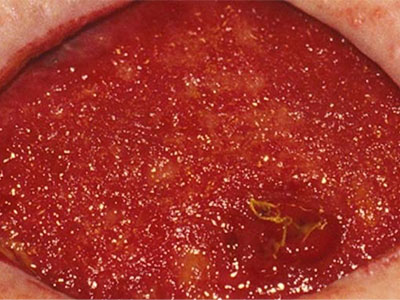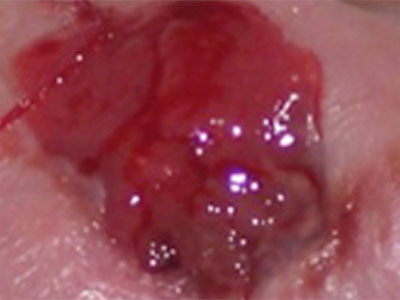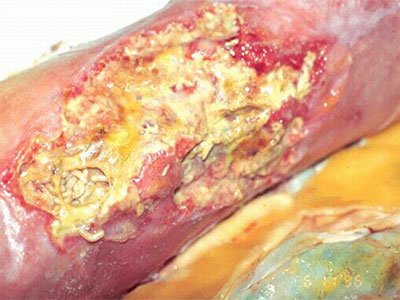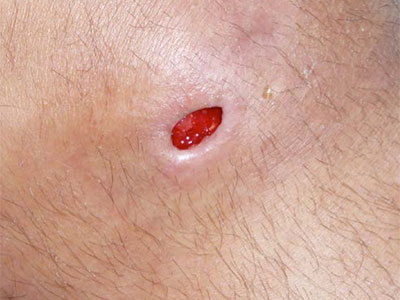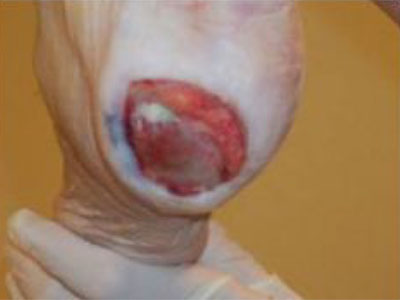Transitions Care Management Lactation Initiative Being Planned at Noyes Hospital
May 21st, 2019 | Clinical ConnectionsBelow Catherine Wightman, MS, IBCLC/RLC, owner of Breast For All, LLC based in Dansville, NY describes an exciting partnership with Noyes Hospital that provides focused care management for lactation during the transitions between prenatal, intrapartum, and postpartum settings:
“Improving breastfeeding rates is not a new addition to the to-do list of health care providers, hospitals, and public health departments. Everyone is in agreement that this is a priority for individual and population health. Yet there is often a discrepancy between the effort we are expending on breastfeeding rates and the rates themselves.
Maybe we’ve been missing the forest for the trees… we’re all seeing parents stop breastfeeding before the medically recommended period and before they themselves want to. When we take a long look at the bigger picture surrounding these breastfeeding dyads, we often find a series of barriers to patient education and adequate lactation care. There are confusing insurance policies, limited understanding of the role of lactation professionals, and a population in need of several types of care all at the time. Doctors, nurses, and lactation consultants support breastfeeding in their own setting… but the patients who need support are moving between obstetric offices, pediatric offices, and the hospital at the least. Each of those transitions complicates communication about a process that involves two patients whose healthcare outcomes are inextricably linked. As we dig into the undergrowth of our metaphorical forest it is not a surprise that budding breastfeeding relationships struggle to get enough resources to flourish among the other high stakes health care responsibilities that are part of that huge transition between pregnancy and the early days of parenthood. Of course we’re focusing on the trees! We need the trees to live through birth so we can get on to the breastfeeding part… and someone needs to be holding space for breastfeeding as providers and families navigate the birth process safely.
Accountable Health Partners is working together with Breast For All, LLC to develop a pilot program that provides focused care management for lactation during the transitions between prenatal, intrapartum, and postpartum settings. UR Noyes has generously agreed to work with us for this pilot as we begin applying the principles of transitions care management to the needs of breastfeeding families transitioning in and out of the hospital for birth. Our goal is to increase breastfeeding duration by empowering parents to take an active role in their breastfeeding relationships through coaching, coordination of care, and focused follow up.
Each family who participates in the program meets with a care manager once prenatally and once during their hospital stay for a lactation screening. Families also receive anticipatory guidance on healthy behaviors for the upcoming phase of lactation and coaching on how to access resources for breastfeeding support. After leaving the hospital, families receive a phone call from their care manager for a final screening to ensure that breastfeeding is succeeding across the transition home. The screening tools we have developed improve communication between providers and allow us to determine a lactation acuity level and direct patients to an appropriate level of lactation care. The hospital and obstetric providers have been supportive and insightful about how we can direct our efforts to best effect.
As we continue to develop the program, we are collecting data to compare the breastfeeding duration of families in the program to the general population. Blending together the tenets good care management and good lactation care, we find that they are two roots of the same tree. The resources we allocate for the protection and support of early breastfeeding relationships contribute to the health of the whole “forest” in both the short and long term.
To contact Catherine, please email her at [email protected]








